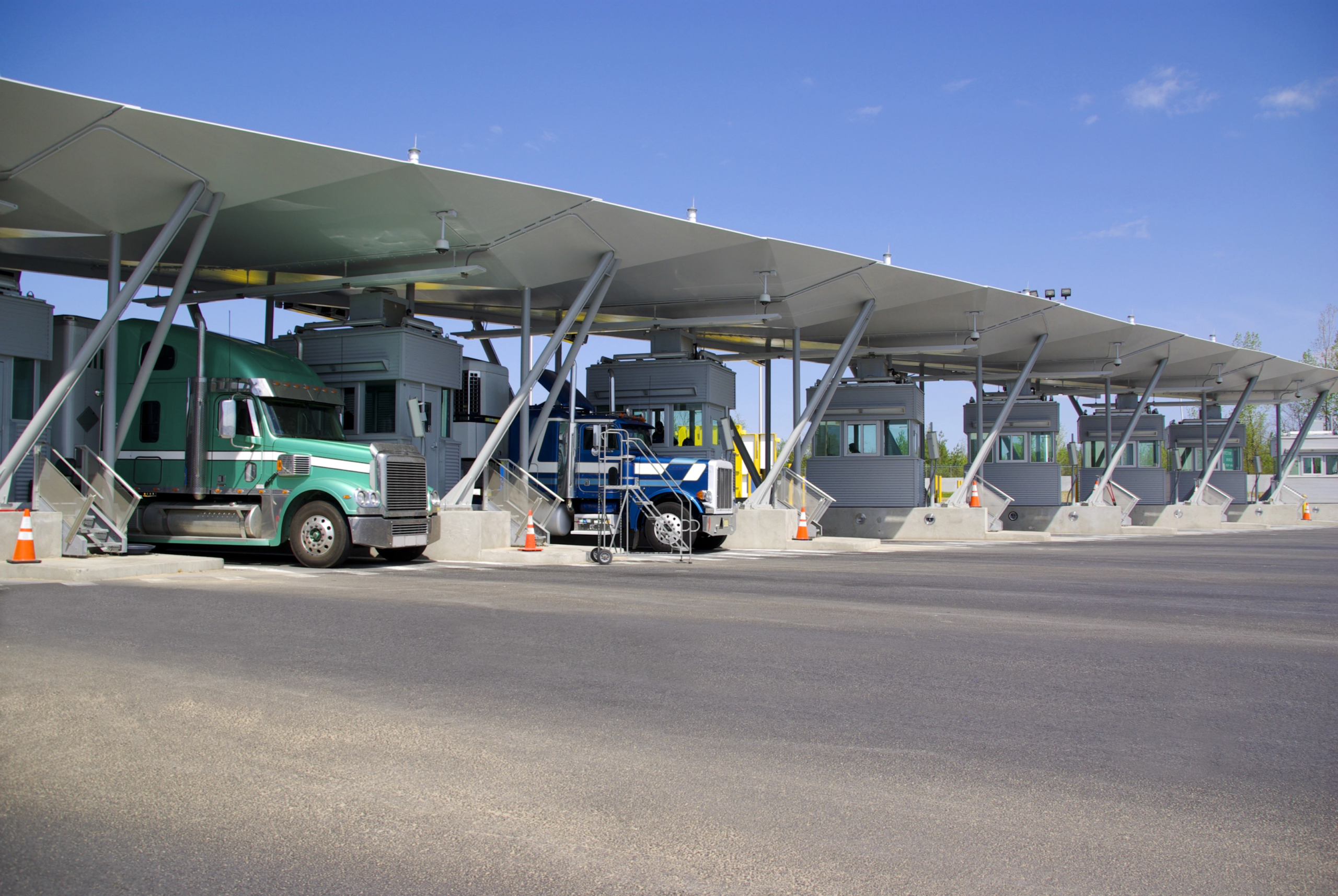Whether one is ordering shoes online or shipping industrial equipment in large quantities, a common issue may arise: the freight may be lost or damaged during transit. As these diverse shipments traverse the country, they inherently face the risk of encountering damage or loss along the journey. The likelihood of a package being damaged or lost increases significantly when it travels a long route. Carriers and manufacturers make concerted efforts to minimize the potential for damaged or lost parcels, yet it remains challenging to completely avoid such occurrences due to human error.
Determining responsibility for damaged package can be a lengthy process, and identifying whether cargo has been stolen or lost poses its own set of challenges. While shippers cannot prevent every instance of lost or stolen cargo, they can, at the very least, secure compensation for their losses and obtain information to mitigate the risk of future incidents.
The most vital rule when receiving freight? Refrain from signing the Bill of Lading until you have thoroughly inspected your load for any damage, concealed damage, or missing parts.
What are the types of damaged freight?
Freight damage comes in four distinct types: visible, shortage, concealed, and loss. Visible damage is apparent when the package exhibits visible signs of damage. Shortage refers to receiving only a portion of the intended shipment. Concealed damage occurs after the driver has departed, when the consignment is no longer on a pallet, or when the boxes remain unopened. Loss, on the other hand, signifies that the package never made it to its intended destination.
Managing Damaged Cargo
Let’s break down the steps to follow when faced with issues concerning your freight. In the imperfect world of shipping, accidents can happen during transit or delivery, and it’s crucial to be aware of the proper procedures when your freight encounters loss or damage.
Inspect Your Freight
Thoroughly examine the delivered freight, scrutinizing every detail. Open crates if necessary, as concealed damage might be present. Identify any items that are stolen, missing, or damaged. Don’t be swayed by a hurried driver; you have the right to document all essential details.
Communicate with Your Carrier or Broker
Reach out to your shipping company immediately. There’s a possibility that your cargo is delayed rather than completely lost. Delays can stem from various reasons, and the logistics provider should be your initial point of contact. If you’re working with a third-party logistics service (3PL), they can liaise with the carrier on your behalf and assist in resolving additional issues.
Document the Damage
Record everything in writing and, if feasible, take photographs. Thorough documentation is key. Note damages and shortages on the Bill of Lading, and inform the carrier promptly. Effective communication is vital; a swift passing of the damage or shortage statement can prompt the carrier to salvage, redeliver, or return the freight.
Never Reject a Shipment
Avoid refusing a shipment and never discard damaged freight. Discarding cargo may result in the shipper not receiving full payment for the freight claim. Keep all loads and packages intact whenever possible.
Complete Claims Paperwork
Fill out the necessary paperwork for freight claims, shipping claims, cargo claims, or transportation claims. This formal request to the carrier seeks financial reimbursement for damaged or lost freight. The freight claim covers costs for the shipper, excluding profit—the difference between the original and damaged values. The shipper must determine a reasonable dollar amount for the claim, fulfilling their legal obligation to minimize claim costs.
Ensure Timely Payment of Your Bill
Promptly settle the freight bill. The shipper remains obligated to cover the transportation costs of goods, even in cases of damaged, lost, or stolen freight. The processing of an insurance claim hinges on the payment of the bill.
Maintain Essential Documentation
- A copy of the bill of lading
- A copy of the paid freight bill
- A copy of the invoice displaying the paid amount for the goods
- A copy of the packing slip
- A standard claim form or a letter specifying the shipment details and the claimed amount
- Photographs depicting the damage of goods
While securing compensation for damaged or lost shipment is crucial, it’s equally vital to amass comprehensive information and evidence to prevent further poor handling of packages. Engaging an expert capable of overseeing all aspects of a shipper’s claims and paperwork is a wise choice, offering savings in terms of money, time, and peace of mind.
Need help with damaged freight?
Teaming up with a third-party logistics provider (3PL) such as LAX Freight removes the complexities associated with lost or stolen shipments. Our commitment is to consistently deliver your loads on time. Additionally, enhancing the safeguarding of your load when you choose to work with us.
Get a freight quote today, ensuring that you have a reliable partner in the event of a damaged parcel or a lost load.



